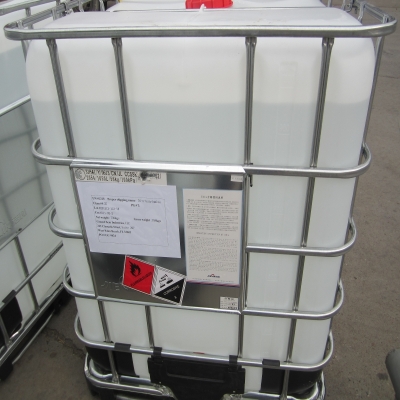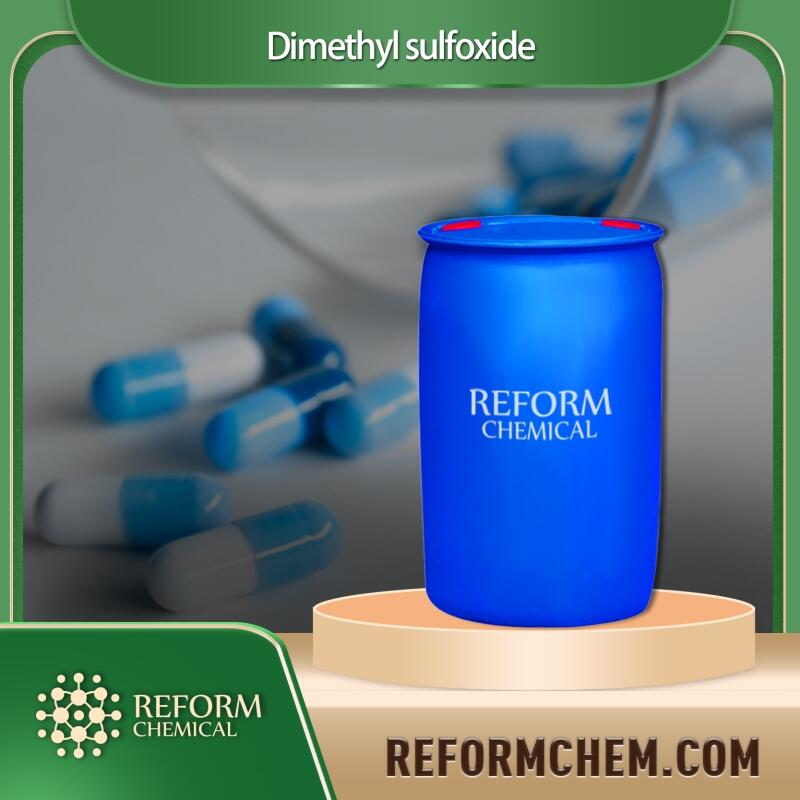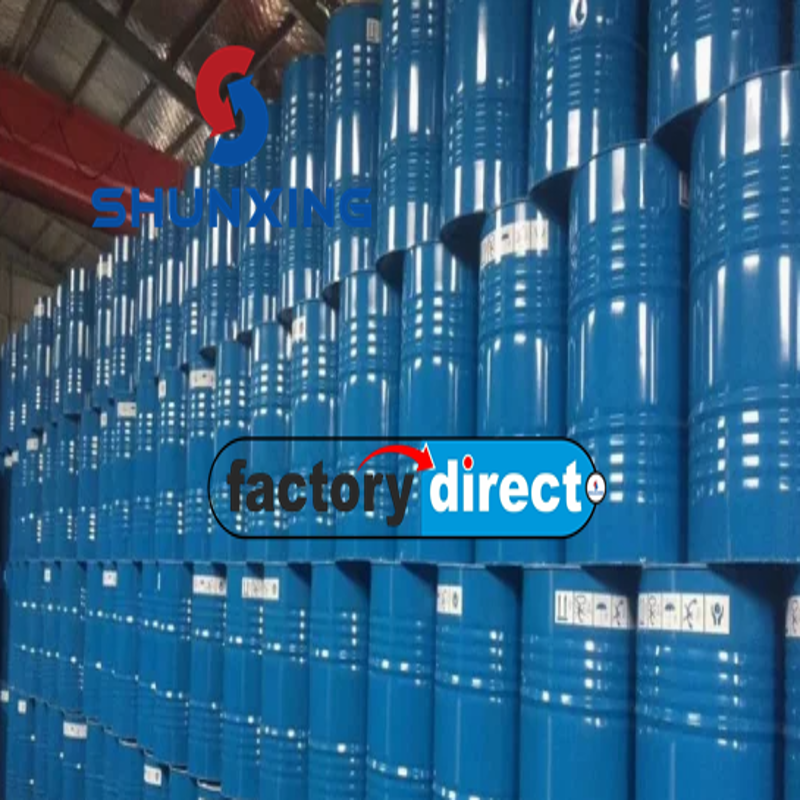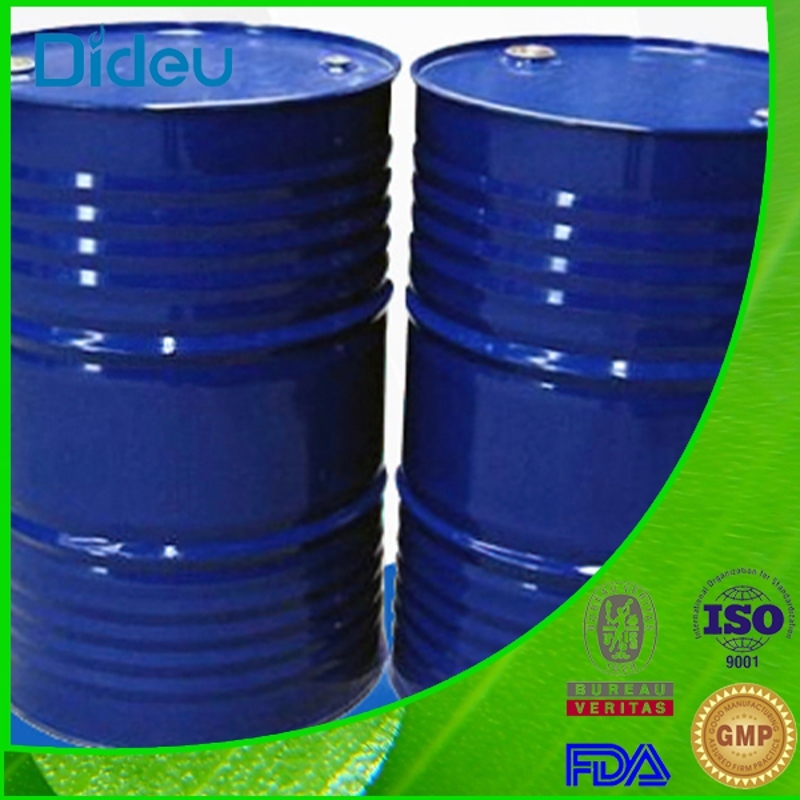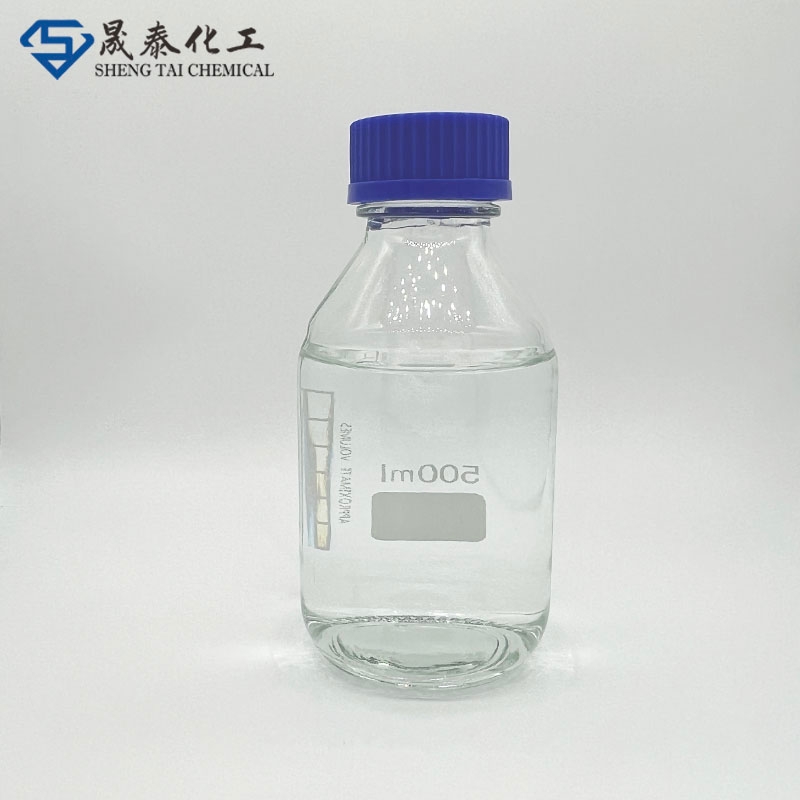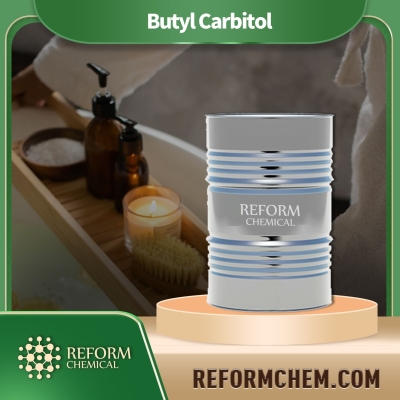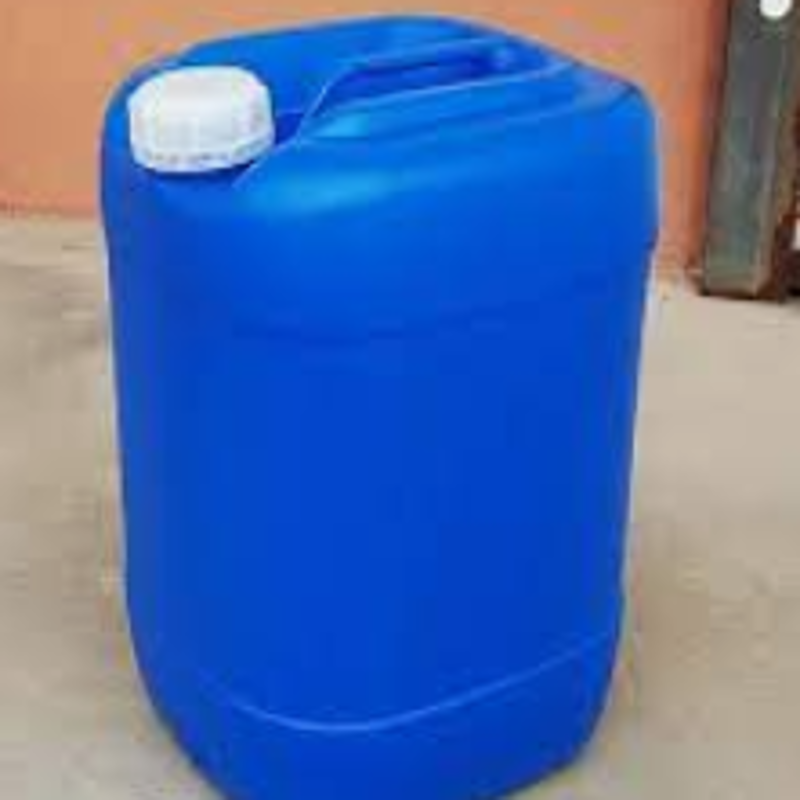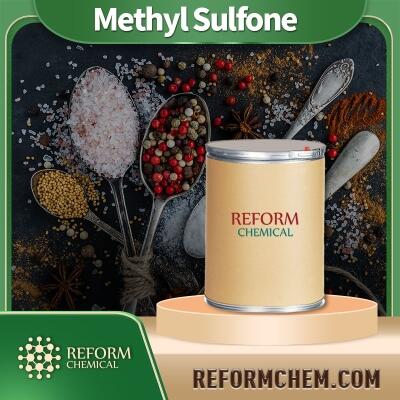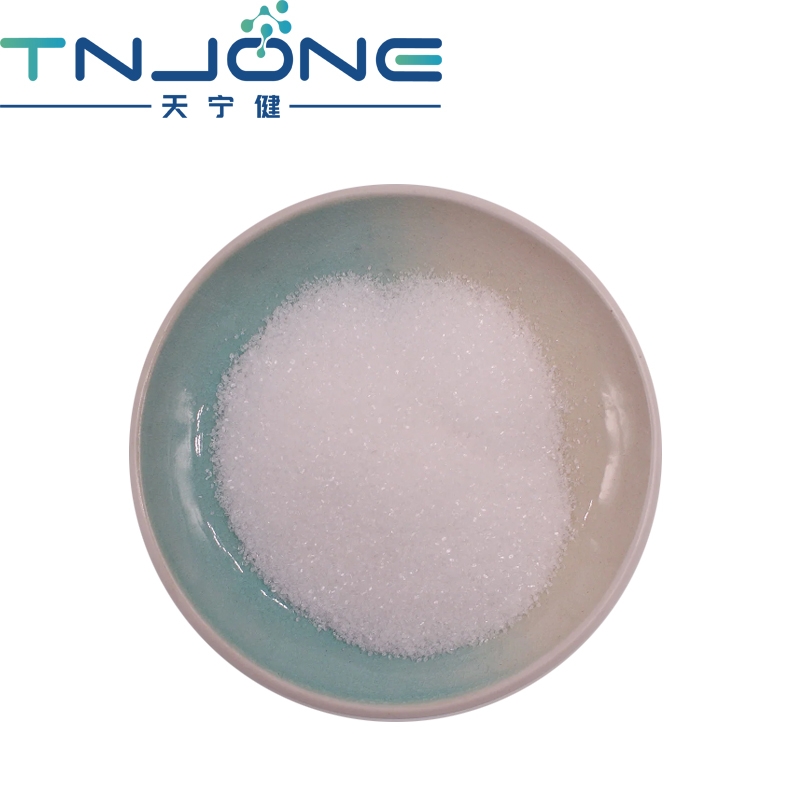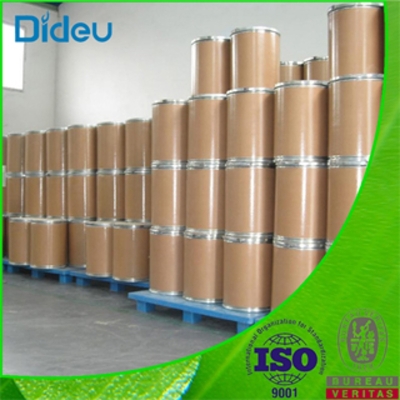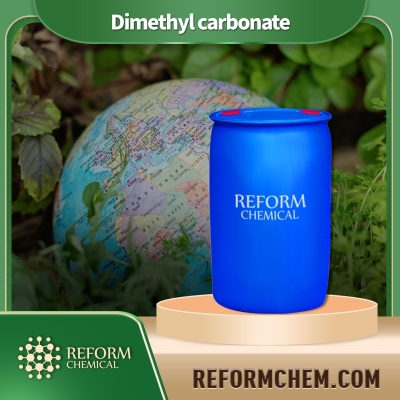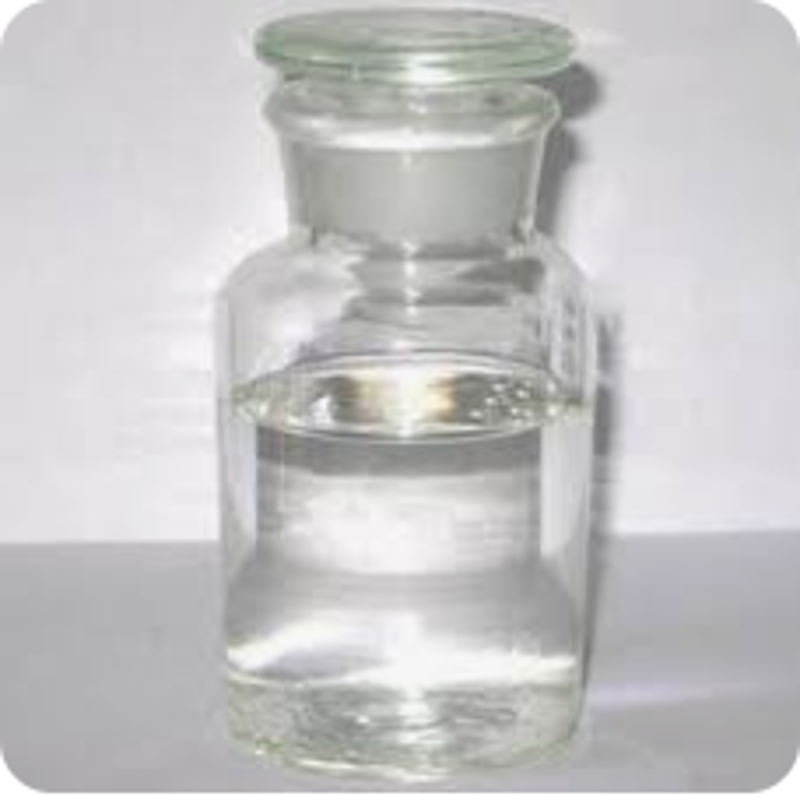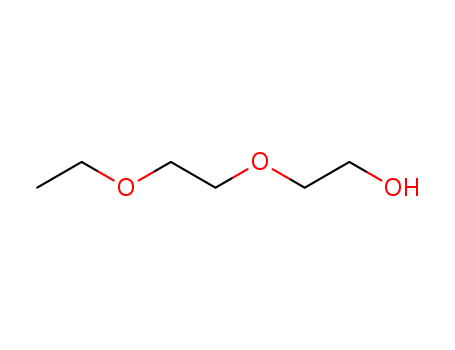Cosmetic Ingredient
- • Abrasive (124)
- • Absorbent (84)
- • Anticaking (66)
- • Anticorrosive (25)
- • Antifoaming (19)
- • Antimicrobials (290)
- • Antioxidant Ingredient (393)
- • Antiperspirant (20)
- • Antiplaque (48)
- • Anti-seborrheic (38)
- • Anti-sebum (39)
- • Antistatic (458)
- • Astringent (162)
- • Binding Agent (172)
- • Bleaching Agent (53)
- • Buffering (191)
- • Bulking (109)
- • Chelating (122)
- • Cleansing (679)
- • Cosmetic Colorant (212)
- • Cosmetic Preservative (158)
- • Denaturant (45)
- • Deodorant (98)
- • Depilatory (27)
- • Dissolving Agent (298)
- • Emollient (795)
- • Emulsifying Agent (480)
- • Emulsion Stabilising (154)
- • Exfoliating (19)
- • Film Forming (299)
- • Flavouring (72)
- • Foam Boosting (161)
- • Foaming (101)
- • Fragrance Ingredient (726)
- • Gel Forming (19)
- • Hair Conditioning (670)
- • Hair Dyeing (363)
- • Hair Fixing (36)
- • Hair Waving or Straightening (45)
- • Humectant (282)
- • Hydrotrope (92)
- • Keratolytic (20)
- • Light Stabilizer (80)
- • Moisturising Agent (50)
- • Nail Conditioning (42)
- • Occlusive (20)
- • Opacifying (119)
- • Oral Care (123)
- • Oxidising (19)
- • Perfuming (2105)
- • Plasticiser (98)
- • Propellant (19)
- • Reducing (50)
- • Refatting (12)
- • Refreshing (26)
- • Skin Cleansing (388)
- • Skin Conditioning (1751)
- • Skin Humectant (21)
- • Skin Protecting (282)
- • Smoothing (31)
- • Soothing (71)
- • Tonics (155)
- • UV Filter (34)
- • Viscosity Controlling (532)
Chemicals as Skincare Ingredients
Related News
-
Price Surge Alert as Major Suppliers Increase Barium Sulfate Costs by 200 Yuan per Ton
2025-03-20 -
Shell Considers Partnering with the U.S. and Closing European Chemical Assets
2025-03-26 -
Quaker Houghton Acquires Dipsol Chemicals, Strengthening Advanced Solutions Portfolio
2025-03-27 -
AstraZeneca to Invest $2.5 Billion to Establish Global Drug R&D Center in Beijing
2025-03-25 -
Saudi Aramco CEO: Invest in downstream projects in China's energy, chemical and other fields
2025-03-28 -
Dow's Silicones Downstream Expansion Project in Zhangjiagang Launches and Drives Market Innovation
2025-03-21
Dissolving Agent
Diethylene glycol
(111-46-6)-
Industrial Grade / 99%
-
-
Industrial Grade / 99%
-
- / 99.00%
Dioctyl phthalate
(117-81-7)-
Industrial Grade / 99%
-
Industrial Grade / 99%
-
Industrial Grade / 99.5%
-
- / 0.00%
-
Cosmetic/Food/Pharmaceutical Grade / 99%
-
Pharmacy Grade / 99%
$5-6.1/KG FOB
-
Different Grade / 99.9%
$0.1/KG EXW
-
- / 99.9%
Dipropylene glycol
(25265-71-8)-
Cosmetics Grade / 99.9%
$800-1000/MT FOB
-
Cosmetics Grade / 99%
-
Industrial grade / 99%
-
Industrial Grade / 99%
$1/KG FOB
Request for quotation , get quotes from more suppliers.
Decane
(124-18-5)-
Industrial Grade / 99%
$5-6.5/KG FOB
-
- / 99%
-
Pharmacy Grade / 99%
-
Industrial Grade / 99%
$1600-1800/MT FOB
Request for quotation , get quotes from more suppliers.
Source Dissolving Agent Products Supply
-
Industrial Grade / 99%
-
Industrial Grade / 99%
-
- / 0.00%
-
- / 99.00%
-
cosmetic Grade / 99%
-
Industrial grade / 99%
$1-1.2/KG FOB
-
food Grade / 99%
$9-11/KG FOB
-
Industrial Grade / 99%
Request for quotation , get quotes from more suppliers.
Diethyl phthalate
(84-66-2)-
Industrial grade / 99%
-
Industrial Grade / 99%
-
-
- / 0.00%
Request for quotation , get quotes from more suppliers.
Dimethyl carbonate
(616-38-6)-
Industrial Grade / 99%
$1-1.3/KG FOB
-
Industrial Grade / 99%
-
Industrial Grade / 99%
-
Diethylene glycol monoethyl ether
(111-90-0)-
Cosmetics Grade / -
-
-
- / 99.00%
-
Industrial Grade / -
More Information
Dissolving agents aid in the solubilization of various ingredients to create effective and stable products. These agents, often referred to as solvents, are substances capable of dissolving other substances, enabling the homogeneous dispersion of active compounds within cosmetic formulations.
The principle behind dissolving agents lies in their ability to break down molecular bonds within substances, allowing them to mix uniformly with other ingredients. Alcohol is a common dissolving agent in skincare products, but it's not the high concentration (75%) medical disinfectant alcohol we typically imagine. In cosmetics, its content is strictly controlled to around 2%, which is almost negligible. Unless someone has a particularly sensitive reaction to alcohol, it's generally safe to use.
Common solvents include:
•Water
•Ethanol
•Glycerin














